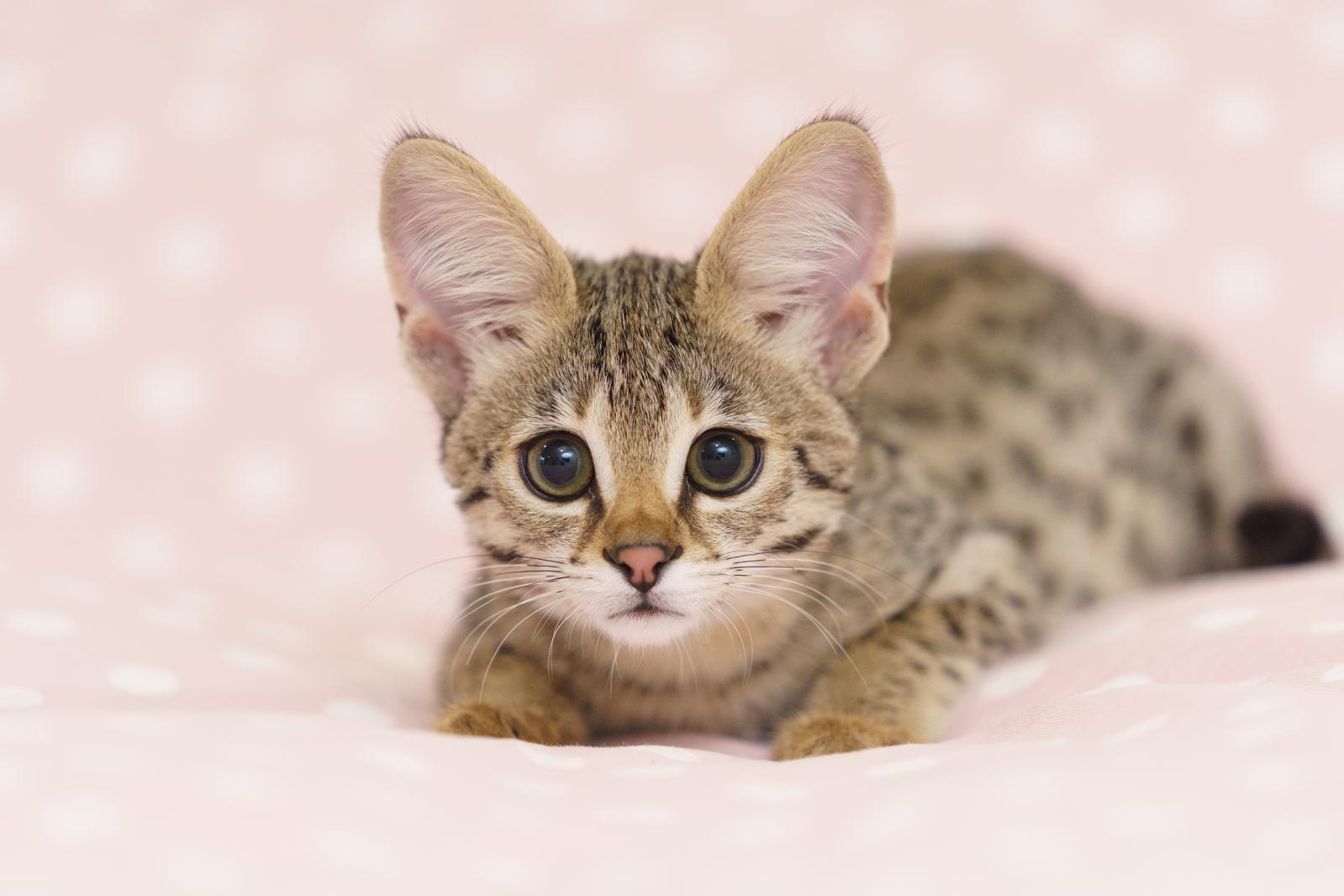
What to Feed a Serval
Servals are carnivorous animals, and their diet in the wild consists of a variety of prey, including small mammals, birds, reptiles, and insects. In captivity, it is essential to provide a balanced and nutritious diet to maintain their health and well-being. Here are some recommendations on how to feed servals without using commercial cat food or dairy products:
Basic Principles of Feeding Servals
- Raw Meat:
- The primary component of a serval’s diet should be fresh, raw meat. Suitable options include chicken, turkey, beef, rabbit, and other meats. The meat should be of high quality and free from additives.
- Avoid feeding pork due to the risk of parasites and bacteria.
2. Bones and Organs:
- Including bones and organ meats (heart, liver, kidneys) in the diet ensures the necessary intake of calcium and other nutrients. Bones should be raw and not too large to avoid choking hazards.
- Organs should be given in moderation, as excessive consumption can lead to vitamin imbalances.
3. Whole Prey:
- Servals can benefit from consuming whole small animals, such as quail or mice. This provides a balanced diet that includes meat, bones, and internal organs.
- Ensure these animals are raised in hygienic conditions and free from harmful substances.
4. Supplements and Vitamins:
- A veterinarian may recommend specific supplements and vitamins to ensure complete nutrition. These can include omega-3 fatty acids, taurine, and other essential micronutrients.
5. Eggs:
- Occasionally, raw eggs can be provided as they are a good source of protein and healthy fats. This should be an occasional treat, not a staple part of the diet.
6. Water:
- Fresh, clean water should always be available to the serval. Ensure the water bowl is always full and clean.
Foods to Avoid in a Serval’s Diet
- Cooked Bones: They can splinter into sharp fragments and pose a danger to the animal.
- Large Quantities of Raw Fish: This can cause a deficiency in thiamine (vitamin B1) and lead to health issues.
- Dairy Products: Most adult servals are lactose intolerant, which can cause digestive issues.
- High Carbohydrate and Sugary Foods: These are not suitable for carnivores and can lead to obesity and other health problems.
Providing the right diet for a serval requires careful attention and balance to ensure their health and activity levels. Always consult with a veterinarian to develop an optimal feeding plan for your pet.
